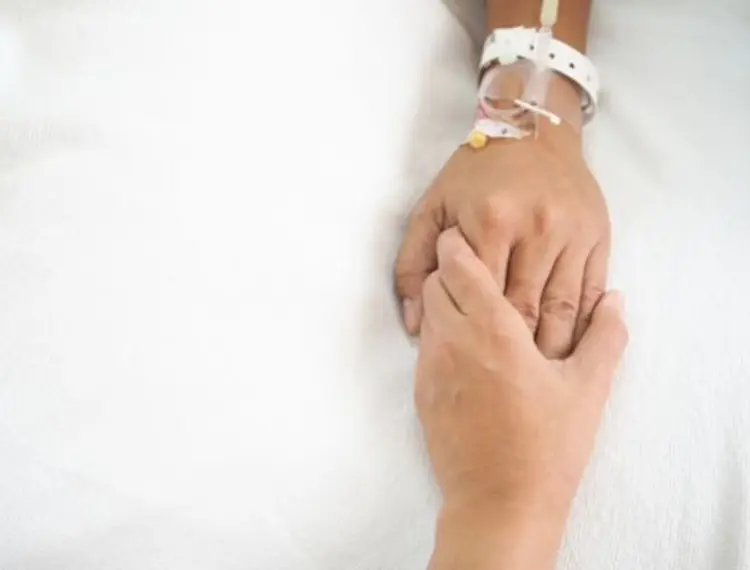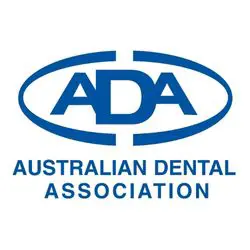
Treatments for cancer, including chemotherapy and radiation therapy, can lead to side effects in the mouth. This includes treatments for cancer involving the mouth and the whole body.
When possible, it is recommended to have a dental check-up and any necessary treatment before starting cancer treatment. This is essential for people who will have radiation treatment that will be directed at the head and neck.
For advice on your personal situation, it is best to discuss this with your dentist or the dentist providing care at the hospital. This article provides general information about how cancer treatment can affect the mouth.
Side effects
Both chemotherapy and radiation treatment (also called radiotherapy) can cause side effects inside the mouth. The side effects may be temporary while the cancer treatment is being provided. They may also continue long-term after the cancer treatment has finished.
Treatments that can increase the risk of side effects within the mouth include:
- Radiation treatment to the head and neck region.
- Bone marrow transplants.
- Specific chemotherapy agents (drugs).
Side effects can include mouth soreness and mouth ulcers (oral mucositis), a dry mouth, and a change in the ability to taste.
The side effects of treatment may make it difficult to eat and swallow. Foods that are soft and moist may be easier to chew and swallow. It is important to avoid foods that can irritate the soft tissues of the mouth. These can include rough, crunchy, and dry foods as well as salty, spicy, or citrus foods or drinks. An accredited practicing dietician can provide advice on how to ensure you keep eating a nutritious diet. The Dietitians Australia Find a dietician search tool can help you to find an accredited practicing dietician near you.
If you are experiencing issues with swallowing, it is best to seek help from a speech pathologist. The Speech Pathology Australia Find a speech pathologist search tool can help you to find a speech pathologist near you.
Oral mucositis
Oral mucosa is the soft tissue that covers the inside surfaces of the mouth. This includes the floor of the mouth, the roof of the mouth, also known as the palate, as well as the tongue, and inside of the lips and cheeks. When the mucosa becomes inflamed, it is known as mucositis.
The oral mucosa is sensitive to the effects of chemotherapy and radiation therapy. During cancer treatment, the oral mucosa can become inflamed. Signs and symptoms of mucositis can include ulcers, swelling, and mouth soreness. It can range from mild to severe. The severity of mucositis can depend on the type of chemotherapy, or the dose of radiation treatment being provided.
It is not always possible to prevent mucositis but treatment for the symptoms can be provided. You may be referred to a dentist or dental specialist in the hospital that specialises in helping patients having cancer treatment.
Dry mouth
A dry mouth is a common side effect of cancer treatment.
Salivary glands produce saliva to keep the mouth moist, and help us to chew, speak and swallow. If radiation therapy is targeted at the head and neck, it can damage these glands. This can affect the amount of saliva that is made. Less saliva being made means the mouth will feel drier.
Saliva helps to protect the teeth and oral mucosa. Less saliva can lead to an increase in the risk of tooth decay developing. It can also increase the risk of sores developing in the mouth, or fungal infections, such as oral thrush.
A dry mouth can make it uncomfortable to wear dentures and affect how well they stay in place. A dentist can provide advice on how to make denture wearing more comfortable. Beware that denture adhesives may not work well if you have a dry mouth.
Severe cases of dry mouth may make swallowing and speaking difficult. Gels and mouthwashes can help to make the mouth moist, provide lubrication, and make the mouth more comfortable. A dentist can provide advice on these products.
Changes in taste
A change in the ability to taste is often a temporary side effect of radiation therapy and chemotherapy.
During radiation therapy to the head and neck region, it is common for people to lose some of their taste sensation. This tends to occur after the first few weeks of radiation therapy and may slowly recover after the treatment is complete.
A change in taste can also occur during chemotherapy treatment. This may continue even after the treatment is finished due to damage to the cells. During chemotherapy, it is not uncommon to develop a metallic or chemical taste in the mouth.
Dental care during cancer treatment
If you require dental treatment whilst you are having cancer treatment, you may be referred to a dentist that specialises in treating cancer patients in the hospital. If you need to see a dentist at a private dental clinic, it is best to check with your oncologist before having invasive dental treatment, such as the removal of a tooth.
It is important that you tell your dentist if you are having or have had cancer treatment as part of your medical history. This helps them to make sure that the dental treatment is safe to complete at that time.
Dental care after cancer treatment
Many of the side effects of cancer treatment may go away once the treatment is finished. However, some side effects can remain even after the cancer treatment has ended.
Radiation treatment that has been directed at the head and neck, particularly the salivary glands, mouth, and lower jaw (known as the mandible), creates long-term consequences for patients. In most cases, this is related to the damage to the salivary glands. This damage can cause ongoing dry mouth and an increased risk of developing tooth decay.
Some patients can develop trismus following radiotherapy. Trismus is a condition where the movement of the lower jaw is restricted. This means people may find it difficult to keep their mouth open during dental appointments. Also, they can have difficulty with oral hygiene measures, and eating. Dentists play a role in managing this and can make suggestions as to how to improve mouth opening.
Patients who have had radiotherapy to the head and neck region are at risk of poor healing after dental extractions. This is a condition called osteoradionecrosis. It is important to discuss this with your dentist, but also for the dentist to communicate with the oncology team to assess and minimise the risk of this occurring.
If you have had radiation therapy for head and neck cancer, it is important to see your dentist regularly. Your dentist will partner with you to care for your teeth and ensure that they remain healthy. Seeing your dentist regularly can help them to detect and treat any problems early. It is also important to keep very good oral hygiene, not eat too much sugary foods and drinks, and stop smoking.
This video was created by Head and Neck Cancer Australia. It is available on YouTube with Arabic, Chinese, Korean, Hindi (Latin), Hindi (Devanagari) and Vietnamese subtitles.
This article was written with the help of Dr Sue-Chin Yeoh, a Sydney Oral Medicine Specialist.


